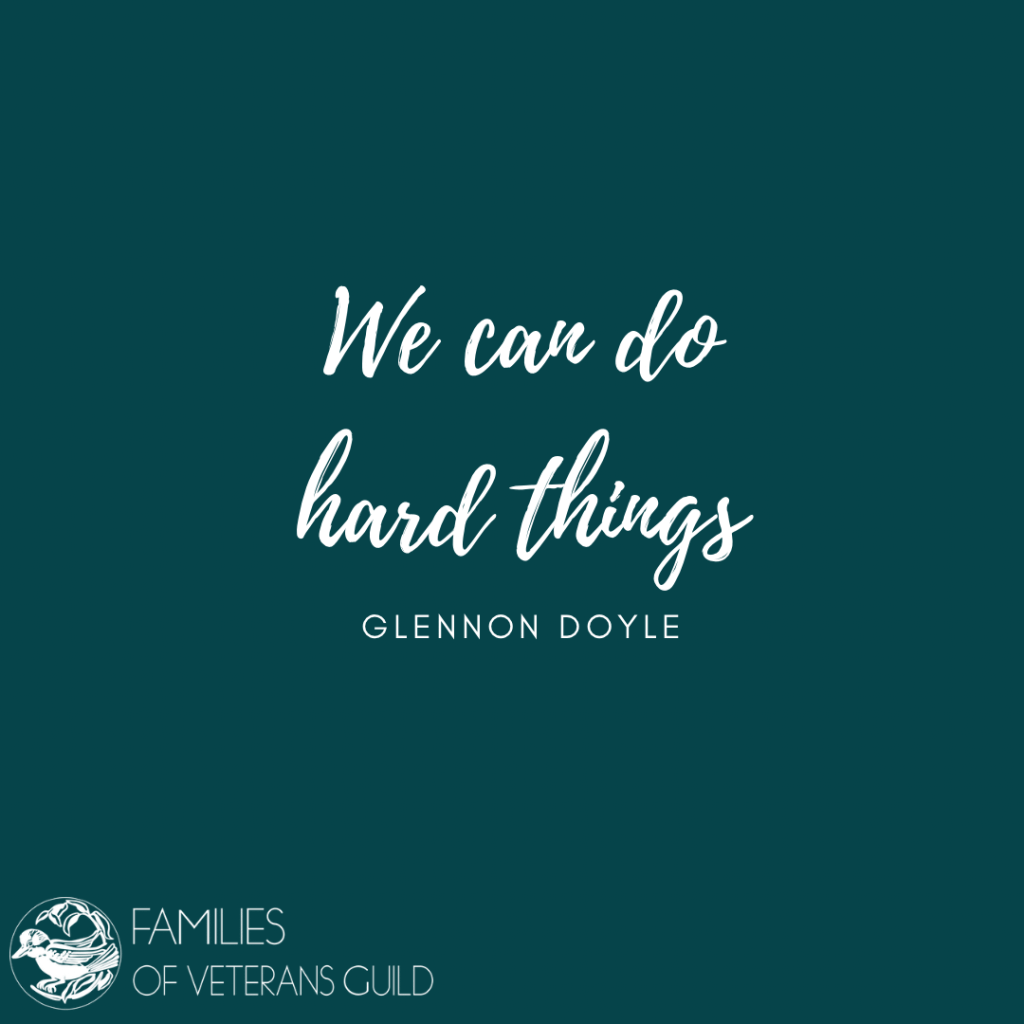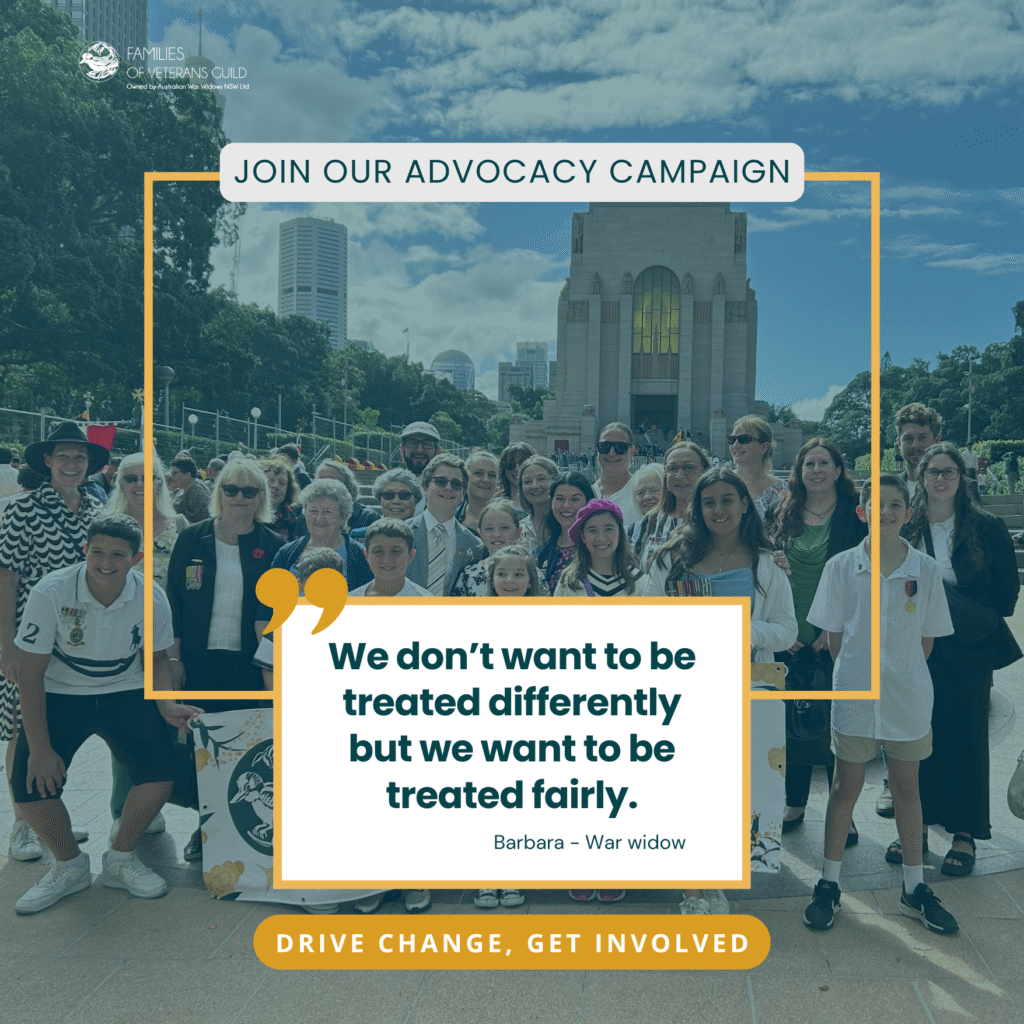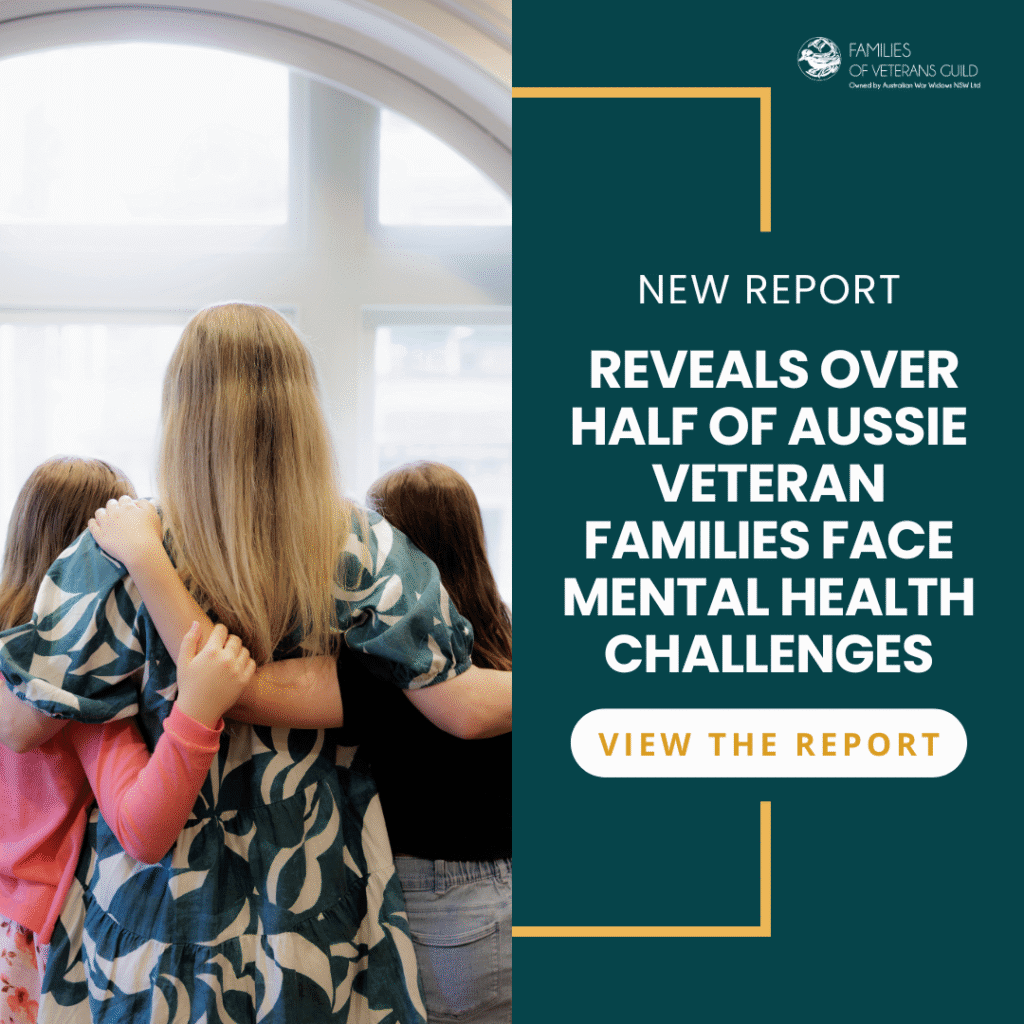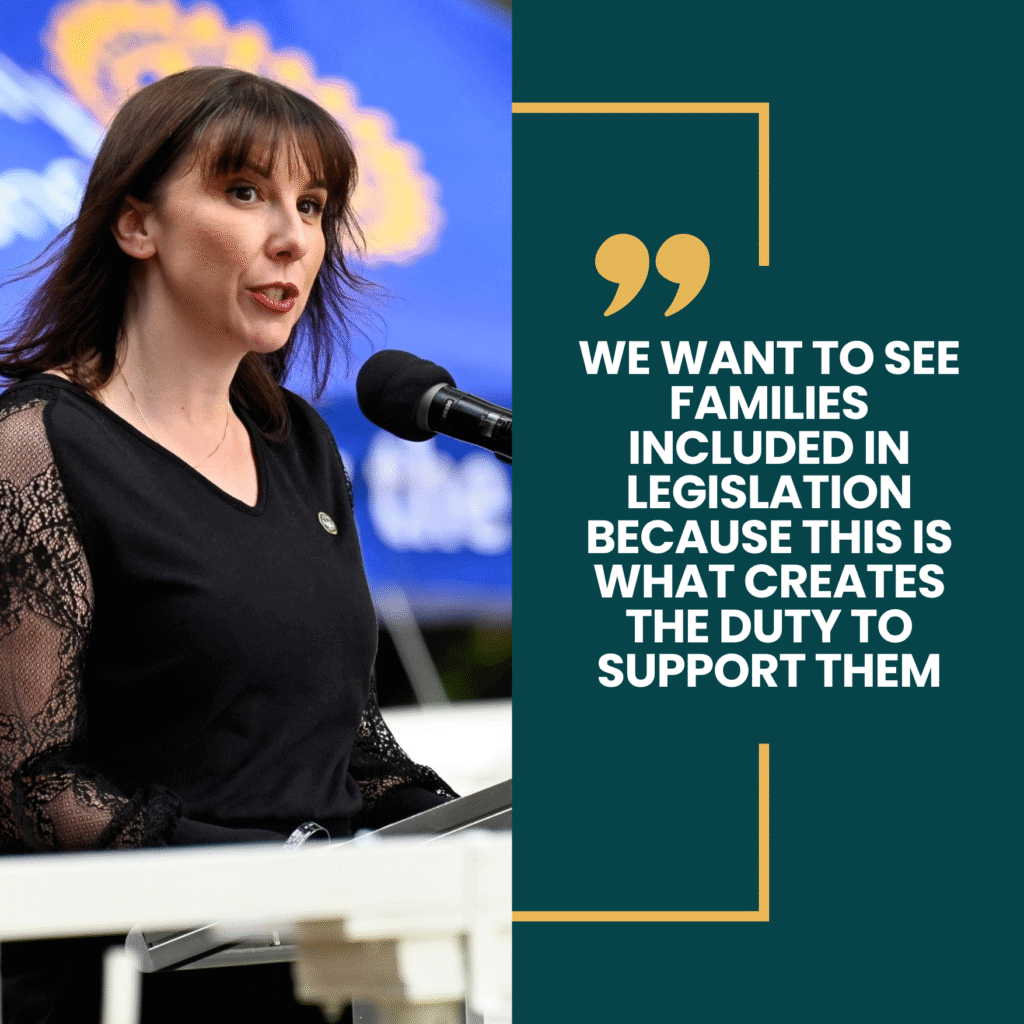We are continuing to talk to Government about how the pathway to greater support for the families of veterans and widows can be paved in the new veteran’s legislation which is currently being reviewed by Senate Committee. We have been attending consultations run by the Minister for Veterans Affairs and are talking to MPs and Senators from all sides of Politics. Why? because though a positive first step, it is important they know that it is just the beginning.
The Veterans’ Entitlements, Treatment and Support (Simplification and Harmonisation) Bill 2024 (the Bill) is a necessary first step to making for a more equitable veteran support system, but it does not change the model of care offered to veteran families, it still uses the 100-year-old model which presumes families do not need help and support until a veteran passes away.
The increased demands on Australian veterans and their families together with the long shadow of subsequent conflicts as seen the needs of families grow. The model of waiting until crisis or a veteran passes away before supporting families isn’t sufficient anymore. The truth is families need support much earlier.
While changing the model of care for families of veterans is a much larger and different body of work the foundations of this work could be laid in this Bill. Amendments to the Bill can improve conditions for the families of veterans, alleviate some of the burdens that service in the Australian Defence Force (ADF) places on them, and set the conditions for future work to bring families of veterans into the support system before a veteran passes away.
Amendments like:
- Include the words ‘veteran families’ and to remove archaic language which perpetuates power dynamics and isn’t consistent with contemporary standards. Language like ‘wholly dependent partner’, ‘dependents’ and ‘attendants’ no longer meets community expectations and devalues the role of veteran families.
- Amending gold card provisions for children of deceased veterans removing age limits or adding a white card arrangement for these children to cover their mental health treatment for life.
- Remove prescribed limits and lists of services within ss213-220 and ss268A -268B of the MRCA.
- Remove the 2-year time limit in s268B of the MRCA for widows/ bereaved families.
- Expanding the remit of the MRCC (‘the Commission’) to include veteran family needs and considerations; and
- Include the capacity for the Commission to consider submissions from the veteran community sector and advocacy bodies regarding the operation of the MRCA, claims consideration and policy development.




